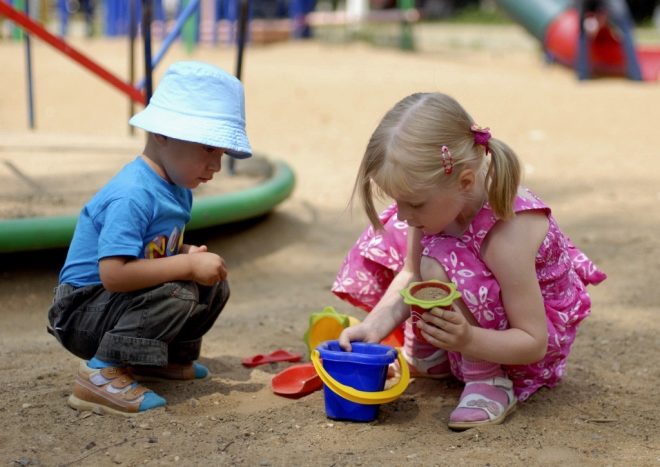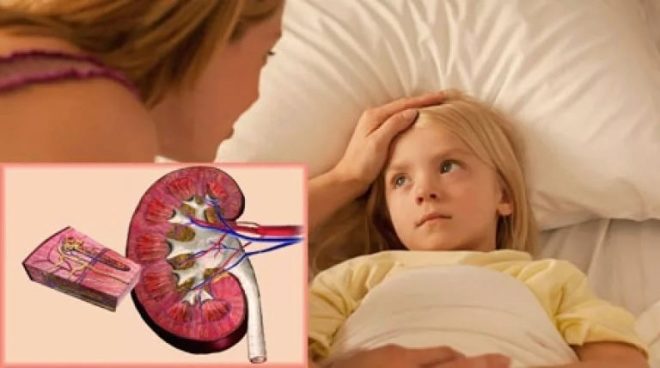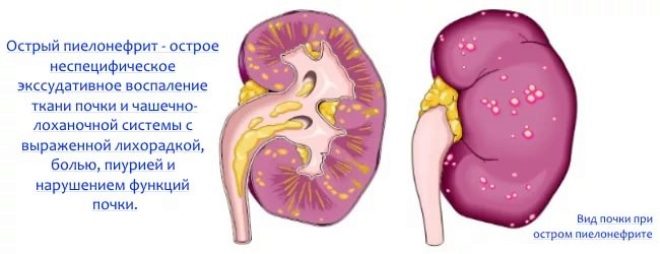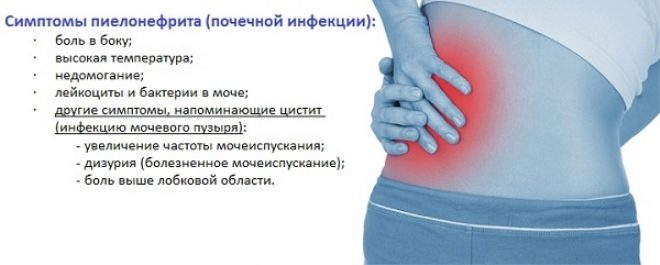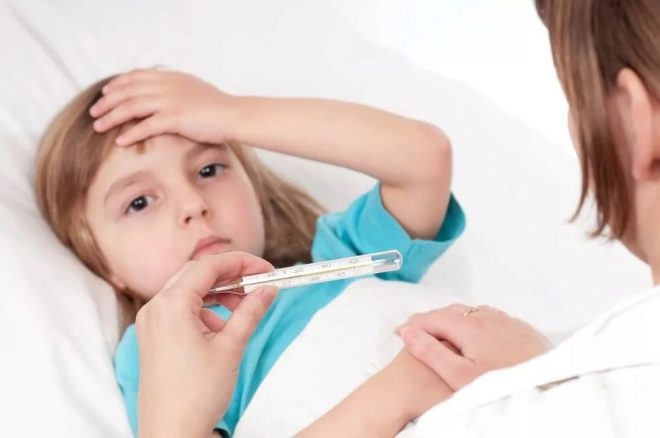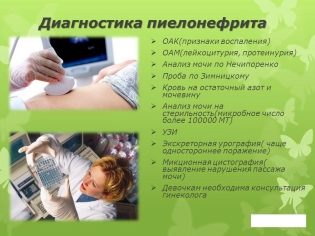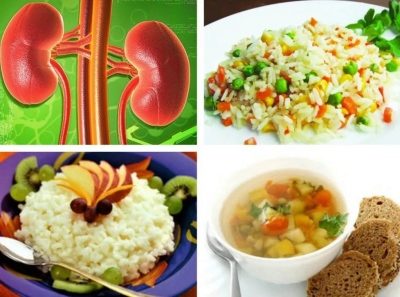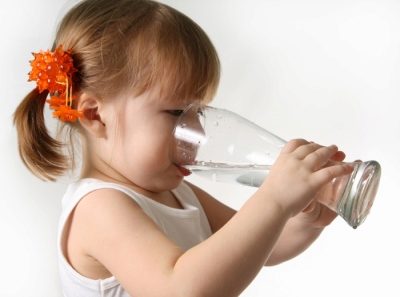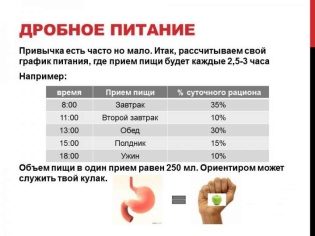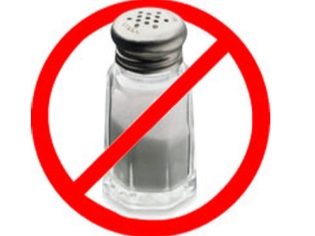Diet for children with pyelonephritis
Inflammatory disease of the urinary tract leads to the development of chronic pyelonephritis. In this disease, the outflow of urine is disturbed and the excretory function of the kidneys is reduced. In these cases, the appointment of clinical nutrition can largely normalize disorders caused in the kidneys due to inflammation.
Development features
Children, starting from infancy, are prone to kidney and urinary tract diseases. A particularly frequent disease in them is chronic pyelonephritis. Often the disease first manifests itself in an acute form. After some time, it becomes chronic.
The causes of the disease are usually infections. It can be a variety of bacteria, to a lesser extent - viruses, protozoa and fungi. According to statistics, girls are more likely to get pyelonephritis. This is due to the structural features of their urethra. It is shorter and more susceptible to inflammatory diseases.
With any decrease in immunity, infection with pathogens occurs, and pyelonephritis occurs. Often, aggravation is preceded by hypothermia. In more rare cases, congenital anomalies of development can lead to the development of pyelonephritis. In these cases, there is a violation of the structure of the urinary tract. Bacterial flora can easily occur there, and if immunity decreases, hypothermia or other factors can cause inflammation.
What symptoms suggest an exacerbation of chronic pyelonephritis?
About 20% of all cases of the disease occur in a latent or hidden form. The child may not be disturbed by anything, and the disease is detected only after additional tests or a general urine test.
If the disease is acute, then in this case it is characterized by the following clinical signs and symptoms:
- A sharp increase in body temperature (up to 38-39 degrees).
- The child is weak, drowsy, apathetic.
- Older children may complain of headaches and weakness.
Soreness in the lumbar region and possible pulling pains along the ureters to the small pelvis. Babies who still do not know how to speak, refuse to roll over on the tummy. Any change in body position can cause pain.
Discoloration of urine. It becomes muddy, not transparent. In it you can see white long strands or some kind of sediment. If you notice a change in the color of urine from the pot of urine, you should prepare and hand it over to the laboratory for analysis. Perhaps this is one of the symptoms of beginning pyelonephritis.
If you suspect the first signs of pyelonephritis in your child, immediately call a doctor. In this case, immediate medical assistance and additional examinations are required. After testing, the doctor will prescribe a medical treatment and a special diet for the baby.
Nutrition
For any acute pyelonephritis, the menu of a therapeutic diet should be quite diverse, but at the same time strict. Pediatric urologists for the appointment of an individual diet use special tables of permitted and prohibited products.
Basically, nutritional therapy for pyelonephritis should be based on several basic principles.
Restriction of animal proteins (especially in the first days since the onset of the disease)
Preference should be given to light dairy products. They will provide the body with the necessary amount of protein for the first time. To overload the kidneys with a large number of protein products should not be.This can aggravate the inflammatory process and cause serious complications of the disease.
Sufficient drinking regime
To remove toxins, you need to use at least 1.5 liters of water per day. You can use pure boiled water, berry fruit drinks and fruit drinks.
Regular consumption of fresh vegetables and fruits
Double the amount of vegetables eaten for the child during the development of the disease. Herbal products have an alkalizing effect on the body. It helps to normalize the pH of urine and stop inflammation.
Include porridge in the diet
The combination of dairy products and vegetables in the early days of the disease is the perfect combination. They allow you to provide the body with energy, to compensate for the deficiency of vitamins and minerals, to restore the disturbed outflow of urine.
Meals should be fractional, at least 5-6 times a day.
All food is steamed, stewed or boiled. Such heat treatment is the safest and ensures excellent functioning of all organs.
Limit salt to 5 g per day.
Excessive salt contributes to the retention of fluid in the body and provokes swelling.
Prescribing a diet for kidney disease and chronic pyelonephritis is a very important condition for recovery. The use of such a diet is shown to all children suffering from chronic diseases of the urinary tract.
You can learn more about pyelonephritis from the program "Live is great".

